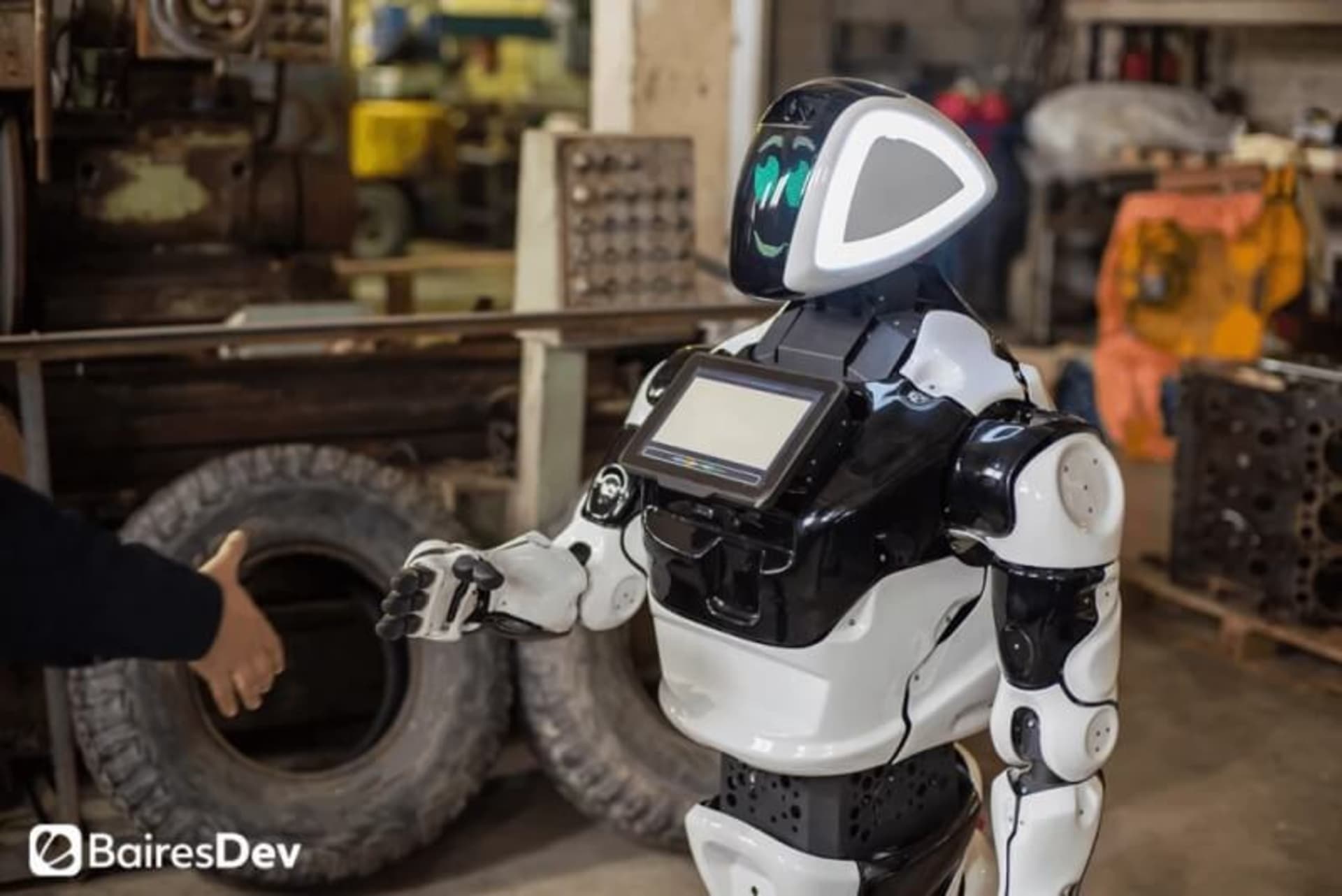Androids Increasingly Integrated into Human Populations, Raising Societal Challenges
The rapid integration of androids into human populations is transforming workplaces and daily life, prompting new societal challenges and debates over ethics, labor, and human-robot relationships.

Androids, powered by advanced generative AI and robotics, are increasingly present in workplaces, public spaces, and even homes, fundamentally altering the fabric of society. According to IPS News, these humanoid machines are now performing tasks ranging from logistics and healthcare support to customer service and manufacturing, leading to both efficiency gains and complex social questions.
Workforce Transformation and Economic Impact
Major corporations and startups are deploying androids to address labor shortages and improve productivity. Robotech Solutions, a Hong Kong-based robotics firm, recently announced the launch of scalable humanoid robots for global logistics, partnering with AgiBot to automate warehouse and factory operations. These androids are designed to adapt quickly to dynamic environments, loading and unloading goods and restocking shelves, which allows businesses to respond to rising labor constraints and operational demands. In healthcare, companies like Diligent Robotics have introduced socially intelligent robots that assist medical staff with routine tasks, freeing up human workers for more complex care and reducing burnout, as reported by The Robot Report.
A KPMG survey cited in Daily AI Agent News reveals that 42% of organizations have now deployed some form of AI agent, a dramatic increase from 11% just two quarters ago. This surge is reflected in projected investments, with organizations expecting to spend an average of $130 million on AI over the next year. The enterprise AI agent market is forecast to grow from $5.32 billion in 2025 to $42.7 billion by 2030, signaling a fundamental shift in how businesses approach automation and labor.
Societal and Ethical Challenges
The integration of androids into daily life is not without controversy. As androids take on more roles traditionally held by humans, concerns are mounting over job displacement, privacy, and the erosion of human agency. IPS News highlights that androids are reshaping not only work but also social relationships, as people interact with machines that can mimic human behavior and communication. Experts warn that while androids can enhance productivity and fill labor gaps, they also force society to confront questions about the boundaries between human and machine, the ethics of autonomous decision-making, and the need for robust oversight.
Security and governance are emerging as critical issues. As androids gain the ability to make independent decisions and transact with other AI agents, the risk of unintended consequences increases. Industry analysts at Fortune's Brainstorm Tech emphasize the importance of ethical frameworks and human oversight to ensure that androids augment rather than undermine human decision-making. Governments and regulatory bodies are beginning to move beyond pilot programs, preparing for systematic deployment of androids in public and private sectors.
Human-Robot Interaction and Future Outlook
Research published in Frontiers in Robotics and AI suggests that well-designed robotic assistance can improve human performance in collaborative tasks without diminishing the user's sense of agency, provided the technology is carefully integrated. This finding is particularly relevant for assistive technologies and exoskeletons, where the physical and psychological interface between human and machine is critical.
Looking ahead, experts predict that by 2029, agentic AI will autonomously manage 80% of standard customer service queries, and nearly half of all workers will be trained to create or manage AI agents. While the benefits of android integration are clear in terms of efficiency and scalability, the societal challenges—ranging from labor market disruption to ethical dilemmas—will require ongoing dialogue, regulation, and adaptation as androids become an increasingly visible part of human populations.
Sources
-
AI Agent Store
Daily AI Agent News - September 2025
-
PRLog
Robotech Solutions Emerges from Stealth to Pioneer...
-
Idiads
Amazing Applications of AI Robots: A Comprehensive...
-
The Robot Report
AWS, NVIDIA, and MassRobotics pick Diligent for fi...
-
IPS News
The Rise of Androids Among Human Populations - IPS...
-
Frontiers In
Agency-Preserving Robotic Assistance for Grasp Sli...
-
Daily Sun
World's first robot set to give birth to human bab...